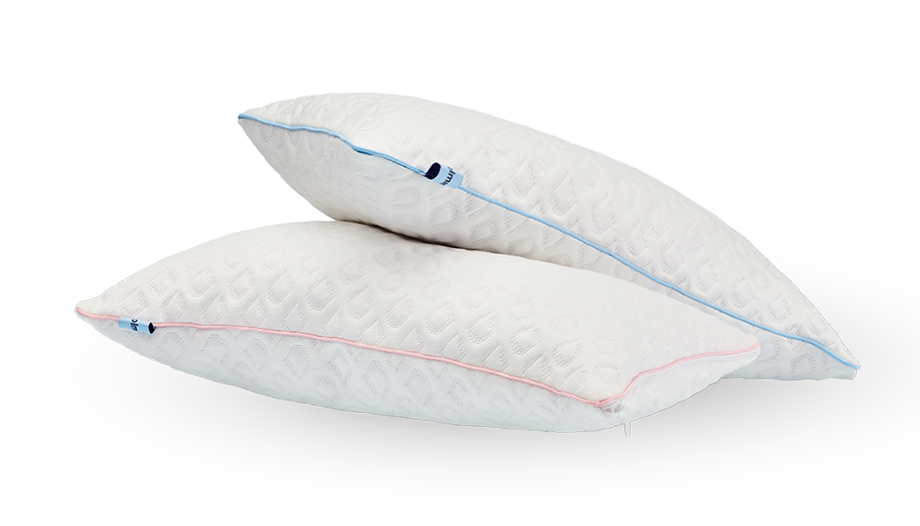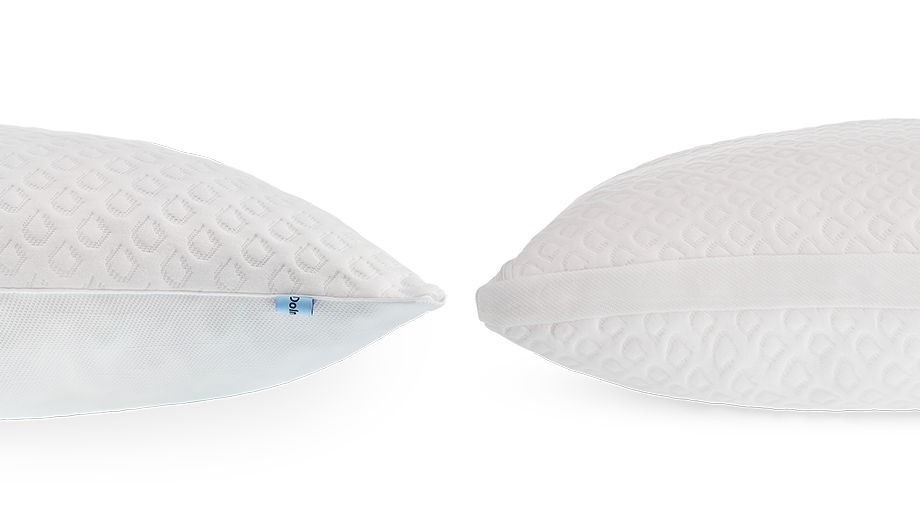In the world of learning disabilities, there is many treatment options available. If it’s Cognitive Behavioral Therapy, Support Groups, Tai Chi, Nutritional changes, or stimulants There are many ways you can treat Adhd.
Cognitive behavioral therapy
Cognitive behavioral therapy, also referred to as cognitive behavioral therapy is among the most effective treatments for ADHD. It can help you deal with everyday problems and alter the way you think about yourself and your life.
It’s not going solve your ADHD but it can help make life more manageable. A CBT session can help you if you’re struggling with daily challenges like finishing your work on time or getting out of bed in time.
Alongside that, CBT teaches you how to manage your time better and motivates you to get up every morning. The majority of mental health insurance plans provide cognitive therapy for behavioral disorders. It is essential to locate the right therapist for your needs.
To find the right therapy provider, ask your doctor about their clinical experience with CBT for ADHD. Ask your family and friends for recommendations. Some therapists have sliding scale fees. You can also search the internet for CBT specialists. For instance the ADDitude directory includes the ability to search and identify who in your area offers CBT.
In addition to that, the American Professional Society of ADHD and Related Disorders is currently developing a listing of specialty clinics. Finding the right therapist could be a daunting job. It is possible to find a qualified professional through a physician or mental health center in your region.
There are many therapists in the field who employ cognitive behavioral therapy to treat your ADHD. Find the one that can offer the most effective results for you. This is especially the case for families with children. Some of the most loved programs include:
The main reason people suffering from ADHD are attracted to CBT is to develop their self-management abilities. They can learn to manage their time better, cope with difficulties and unwind their behaviour, and adapt their coping skills to the changing circumstances in their lives.
Stimulants
Stimulants are drugs that help treat attention-deficit/hyperactivity disorder. They are effective when combined with therapy for behavioral disorders. However, stimulants can be addictive. Patients and their families need be aware of advantages and the risks.
The medications for ADHD enhance social skills, reduce hyperactivity, and improve attention span. They can also improve school performance.
Typically, stimulants will be given at a low dosage for the initial few days. The dose is gradually increased until the symptoms disappear. Consult your physician for any concerns about side effects.
Addiction can be a result of ADHD medications. If the person has a history or abuse of drugs, this can lead to addiction. It is crucial to observe any changes in behavior your child following the introduction of the medication.
There are three main kinds for ADHD treatments including stimulants (or non-stimulants) and alpha-adrenergic inhibitors (or stimulants). The majority of stimulants are prescribed in pill form, while non-stimulants may be taken in patches or liquid form.
The effects of stimulants can be as severe as nervousness, headache, and stomach pain. These adverse effects can be lowered by taking the medication alongside food. It is recommended to take the medication at the same time each day can aid.
Anxiety symptoms can be exacerbated by stimulants. It is important to pay attention to changes in mood and behavior. In addition, stimulants may cause sleepiness.
A person suffering from comorbid conditions like anxiety or depression might have adverse reactions. Patients should be referred to professional help in this situation.
The medication can also be prescribed to ease symptoms of other medical ailments. For instance children with ADHD who has an history of tics or depression may benefit from using an alternative to stimulants.
Children may need to test several different drugs before deciding on the best one. Parents and caregivers should monitor their child’s reactions to medications.
Tai chi
Tai Chi can be used to treat ADHD. It can also improve motor control.
Numerous studies have examined the effects of movement on ADHD treatments. One study on tai chi in healthy young adults yielded promising results. Another study of middle schoolers found that tai-chi reduced hyperactivity.
Other research conducted on adolescents suffering from ADHD has shown that mindfulness and meditation can be useful. However there is a lack of evidence. There are many contributing factors to poor data quality.
A study of thirteen ADHD adolescents found some positive effects of tai chi. They improved their conduct and showed less daydreaming and anxiety, and showed decreased inappropriate emotions. However the results weren’t strong enough to stand up to multiple comparison corrections.
The potential of this study is still unclear. More research is required. To determine the long-term impacts further controlled trials that are randomized are required.
Research conducted by the University of Miami School of Medicine found that Tai Chi has a positive effect on ADHD adolescents with impulsivity, anxiety, conduct, and the impulsivity. Researchers did not examine the potential effects of confounding the use of recreational or medicinal drugs.
Although these studies are only preliminary they could in the development of future research. Future research may include expanding the study to other young adults.
Tai Chi is a great mindfulness exercise that can help with ADHD. It is specifically, slow focused, deliberate moves that are designed to increase the level of attention that a person is able to give to a specific task. It may be an alternative to prescription medications.
The benefits of Tai Chi as a treatment for ADHD may be long lasting as it can provide a more smooth path to recovery. It is crucial to practice Tai Chi regularly.
Nutritional changes
In many instances treating ADHD by adjusting your diet can help. A proper diet can stop nutrient shortfalls, boost the brain’s ability to process information and improve cognitive functioning. The most effective method to treat ADHD symptoms is not to change your diet. People who wish to take supplements to their diet should consult their physician to determine if they are right for them.
Various studies have shown that food additives, including artificial colors, can affect ADHD. For instance, children who suffer from ADHD have been found to be more prone to hyperactivity when exposed food coloring.
It is important to avoid food additives , and to get enough protein and healthy fats. Protein is essential to maintain alertness in the brain and keeps your behavior in check. A balanced diet consists of a variety of fresh , whole foods.
Brain-friendly foods include dark leafy green vegetables, legumes and fruits. They are loaded with fiber, which reduces the absorption rate of sugar.
There is no evidence to suggest that a poor diet causes ADHD but a high-sugar excessive fat diet can exacerbate symptoms in children. So, it’s best to stick to a low-sugar diet cut down on processed sugar, and How to Treat ADHD eat whole, fresh fruits and vegetables.
Certain vitamins and minerals can also have an impact on the child’s symptoms. If a child is deficient in certain minerals, for instance, zinc or iron they could be more susceptible to developing ADHD.
Supplements can be added to the food of your child to help with nutrient deficiencies. But megadoses of vitamins and minerals can be harmful so it’s crucial to work with your doctor to determine if supplementation is the right choice for your child.
It is also important to consider the role of your gut microbiota. According to psychologist Sharon Witkin, it has been linked to symptoms of ADHD. Altering the diet to remove artificial additives and food colorings can be a great way to address this problem.
Support groups
Support groups are an excellent way to make acquaintances, gain knowledge about new treatments and to understand how ADHD affects your daily life. There are support groups for teens, children and adults.
You can join an online support group, or in person. You can find support groups online that allow you to chat and brainstorm solutions for your issues.
Support groups are vital as they can fill in the social gaps that exist between medical treatment. They can also help you learn coping strategies, such as stress management and eating a healthy diet.
If you’re looking for the best source for How to Treat ADHD support groups, search online. There are many websites with posts on the different kinds of support. They may also provide local events or therapists in your area.
Talking to your doctor or therapist about joining a support organization is a smart idea. They can not only offer you the benefits of being supported, but they can also help you decide if medication is the right choice for you.
Adults with ADHD often have a hard dealing with their symptoms. They might not be aware of the issues they’re experiencing. When they meet up with others who have ADHD they can talk about their experiences and find out whether they are on their own in their struggles.
Utilizing a support group is not an easy choice to make. It can be extremely rewarding. It can be very helpful to seek advice from others who are going through similar situations.
If you are looking to participate in an online support group, be sure to select a site that is controlled by licensed mental health professionals.



